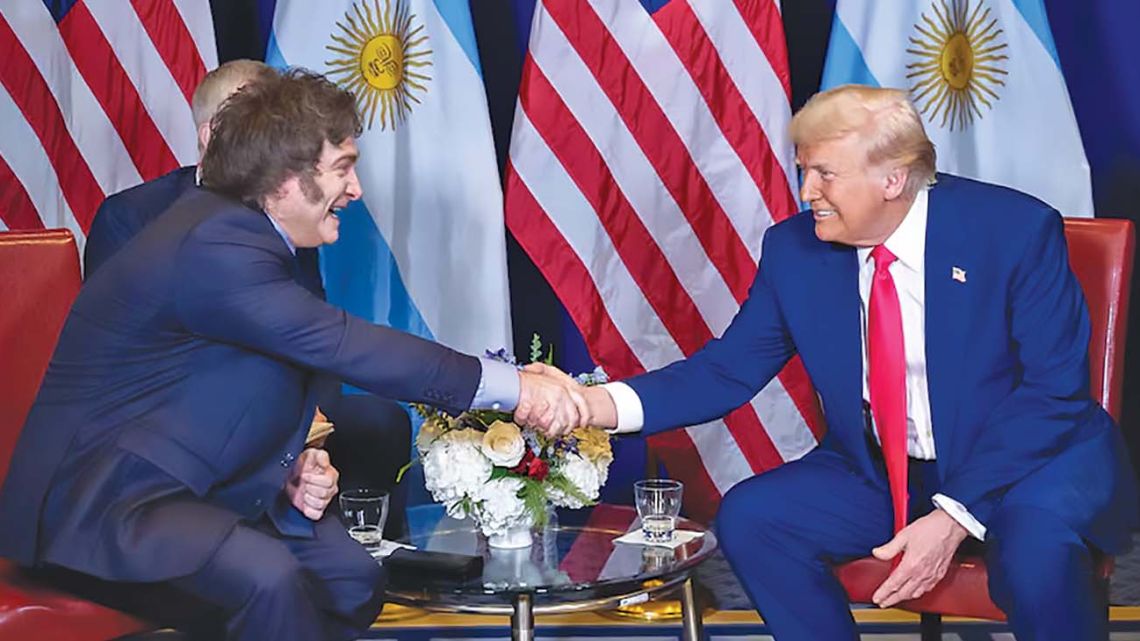Petrobras and other oil stocks nosedived on Brazil’s B3 exchange on April 3, 2025, post-Carnival, as commodity prices tanked. Petrobras ordinary shares slid 3.04% to R$39.58, and preferred shares dropped 2.96% to R$36.10 by 10:40 a.m. Brasília time.
Brava Energia crashed 8.20% to R$20.83, while PRIO fell 4.70% to R$37.72, shadowing a 7% oil price drop—WTI hit $66.49 and Brent $69.83 per barrel. This tumble ties to U.S. President Donald Trump’s tariff strategy, announced this week, which levies 10% duties on all U.S. exports and steeper rates on 60 countries.
Supporters see it as a bold move to level trade imbalances, aiming to boost American industries. Critics, however, worry it could slow global growth, a concern echoed as China and the EU signaled retaliation.
Meanwhile, OPEC+ added pressure, agreeing to pump 411,000 more barrels daily from May, a shift some link to Trump’s calls for cheaper oil to counter Russia’s war chest, though U.S. inventories ballooned by 3.6 million barrels last week.
 Oil Price Jitters Drag Brazil’s Energy and Mining Giants Down. (Photo Internet reproduction)
Oil Price Jitters Drag Brazil’s Energy and Mining Giants Down. (Photo Internet reproduction)Mining stocks like Vale and CSN Mineração also slipped, with shares down 2.13% to R$55.72 and 1.17% to R$5.89. Iron ore prices eased to $101.95 per ton in Singapore, cushioned by China’s steel demand.
Petrobras, already trimming its 2025 budget from $21 billion to $17 billion under President Lula’s job-focused push, faces a perfect storm. This saga reveals a global tug-of-war—trade policies, oil oversupply, and Brazil’s export reliance collide, testing its economic resilience as markets await the next move.

 By The Rio Times | Created at 2025-04-03 19:04:51 | Updated at 2025-04-04 18:11:47
1 day ago
By The Rio Times | Created at 2025-04-03 19:04:51 | Updated at 2025-04-04 18:11:47
1 day ago








